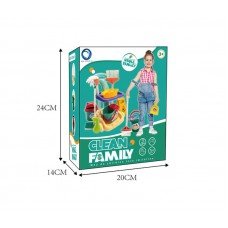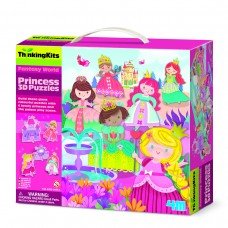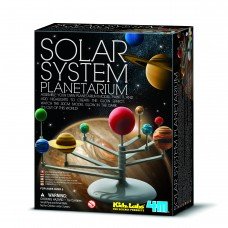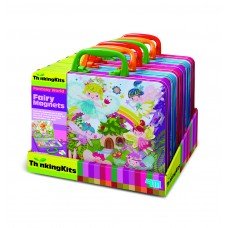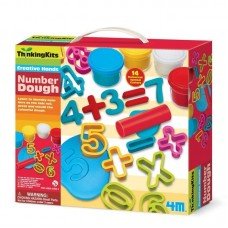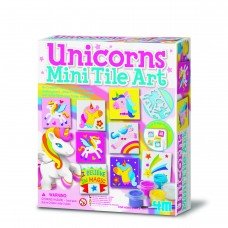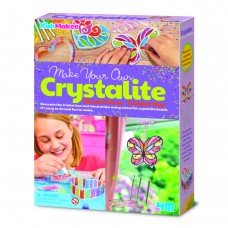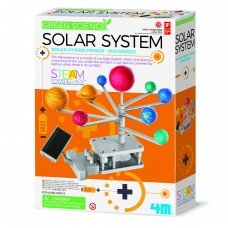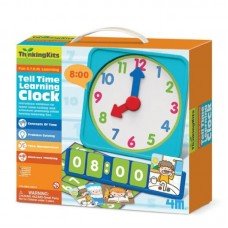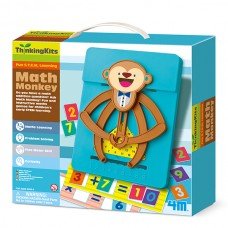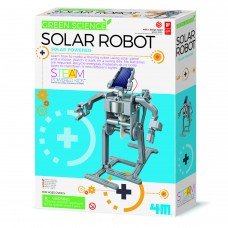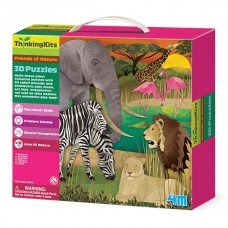Vehicle Toys
Montessori toys supplier UAE
Smart Little Hands, Big Learning – Funsy Toys Montessori Exports from China to UAE
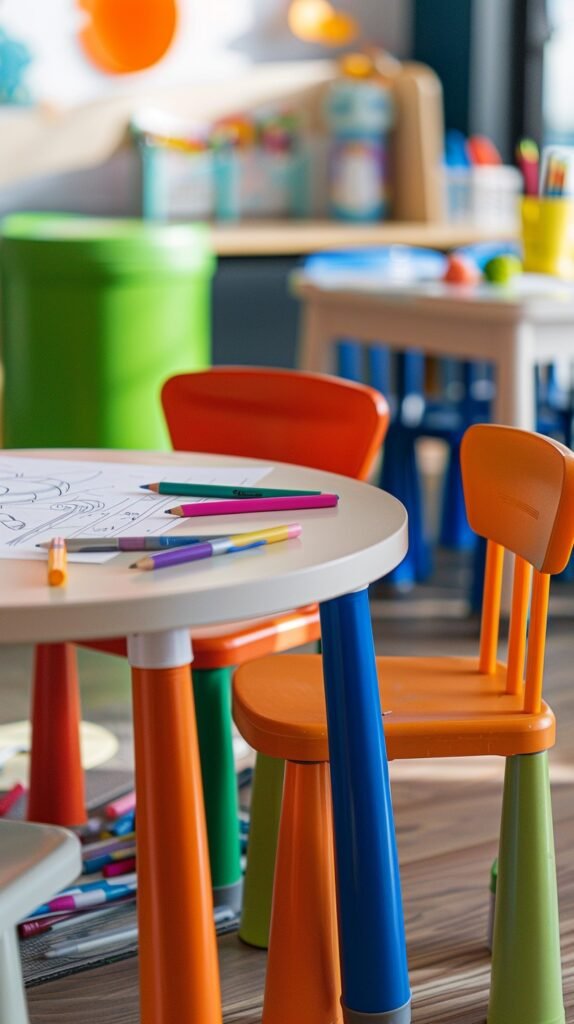
Tiny Thinkers, Big Discoveries – Funsy Toys Brings Montessori to the UAE
Funsy Toys is a leading Montessori toys supplier in the UAE, offering a wide range of high-quality, educational toys that support early childhood development. All Montessori toys provided by Funsy Toys are designed to encourage independent learning, sensory exploration, and fine motor skills in young children. These toys follow the core Montessori principles of hands-on engagement and purposeful play, making them ideal for schools, nurseries, and home learning environments. From wooden puzzles and shape sorters to number boards and practical life tools, Funsy Toys ensures that every product meets safety and learning standards.
Funsy Toys exports its Montessori toys directly from trusted manufacturers in China to the UAE, ensuring cost-effective pricing without compromising quality. By leveraging its strong supply chain and sourcing expertise, Funsy Toys delivers durable, eco-friendly, and child-safe toys that meet the needs of educational institutions and retailers across the Emirates. The company’s efficient logistics and customs handling ensure smooth, timely deliveries to Dubai, Abu Dhabi, Sharjah, and beyond. With a growing reputation for reliability and value, Funsy Toys continues to support Montessori education by making world-class learning tools accessible throughout the UAE.
What types of Montessori toys does Funsy Toys supply?
Funsy Toys supplies a wide range of Montessori toys including wooden blocks, puzzles, stacking toys, shape sorters, counting beads, sensory toys, and practical life learning kits designed to encourage independent learning and skill development.
Montessori Toy Categories That Support Every Stage of Learning
1. Sensorial Montessori Toys
Sensorial toys in Montessori education are designed to refine a child’s five senses—touch, sight, hearing, taste, and smell. These toys include textured boards, sound cylinders, knobbed cylinders, and color tablets. They help children differentiate between sizes, shapes, weights, colors, and sounds. By engaging with these toys, kids develop sharper observation skills and learn to classify and compare various sensory inputs. Sensorial toys lay the foundation for more complex cognitive skills later in life.
2. Practical Life Montessori Toys
Practical life toys are modeled after real-world activities that foster independence and self-care. These include kits for buttoning, zipping, pouring, sweeping, and tying shoelaces. Tools like child-sized brooms, trays for transferring objects, and dressing frames help children gain fine motor skills and responsibility. Practical life toys instill a sense of order, concentration, and discipline while preparing children for everyday tasks in real life.
3. Language Development Montessori Toys
These toys support early literacy through visual and tactile learning. Examples include sandpaper letters, moveable alphabets, phonetic puzzles, and picture-word cards. Children can trace letters with their fingers to build muscle memory for writing. Language toys help develop vocabulary, phonics, spelling, and reading readiness. Montessori language toys encourage exploration and expression in a hands-on and meaningful way.
4. Mathematics Montessori Toys
Math toys introduce numbers, quantities, and mathematical concepts in a concrete manner. Classic Montessori math tools include number rods, counting beads, golden bead materials, and spindle boxes. These toys make abstract concepts like addition, subtraction, multiplication, and division tangible. By using their hands to manipulate numbers, children build a deep, intuitive understanding of math from an early age.
5. Cultural & Science Montessori Toys
Montessori toys that focus on geography, botany, zoology, and history help children understand the world around them. These include puzzles of continents and countries, land and water forms, life-cycle models of plants and animals, and 3D globe models. Cultural Montessori toys broaden a child’s awareness of global diversity and natural sciences while promoting curiosity and respect for nature.
6. Fine Motor Montessori Toys
These toys develop coordination, hand strength, and finger control. Common examples are lacing beads, stacking rings, threading cards, shape sorters, and puzzles with knobs. They help children refine the pincer grip and hand-eye coordination, both essential for writing and daily activities. These toys are often simple in design but effective in developing the child’s motor skills and problem-solving abilities.
7. Gross Motor Montessori Toys
Gross motor toys encourage whole-body movement and physical development. These include balance boards, climbing frames, stepping stones, and push-pull toys. Montessori believes in the integration of mind and body, so physical movement is an essential part of learning. These toys help improve balance, coordination, muscle strength, and spatial awareness.
8. Emotional and Social Development Toys
Though not always categorized as traditional toys, Montessori materials that promote emotional and social intelligence are increasingly important. These may include dolls with various expressions, cooperative games, and empathy-building role-play sets. They help children understand emotions, practice communication, and work in teams—all vital for personal and social development.

